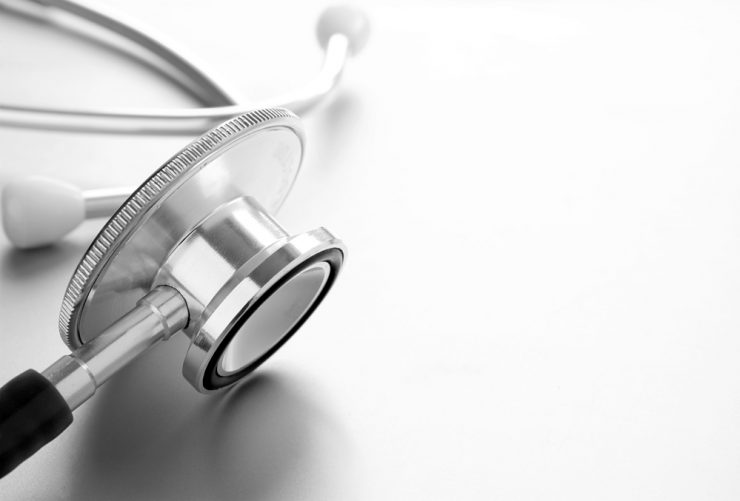The liver manufactures cholesterol from the fatty foods that are eaten by us. The presence of cholesterol is essential for our body to function in a normal way.
Cholesterol, which is present in outer layer of body cells, that is vital for the building up of hormones including our sex hormones as well the hormones secreted by the adrenal glands. The nerve fibres of our body are insulated by the cholesterol which protects it against the shocks and vibrations.
Cholesterol also helps the body with the production of bile salts.
A high level of cholesterol can cause arteriosclerosis, strokes as well as heart attacks. The chances of a person to developing coronary heart disease are high if he has high levels of cholesterols in his blood. The other triggers along with high cholesterol that can enhance the development of coronary heart disease are smoking and hypertension.
Symptoms
High cholesterol can contribute to various medical conditions that are very severe. They include:
- diseases of blood vessels and heart known as cardiovascular diseases
- angina
- stoke
- transient ischaemic attack
- coronary heart disease
Coronary heart disease occurs as a result of the arteries, which supply blood to the heart, become narrow. The condition where the arteries narrow is termed medically as arteriosclerosis or atherosclerosis. The building up of plaque due to excess deposition of cholesterol and other fatty deposits on the wall of the arteries can result in this condition.
High cholesterol level is identified only when the symptoms of arteriosclerosis appear in a person. These are;
- pain in the leg while one is exercising
- rupturing of blood vessels
- formation of clots in the blood
- rupturing of plaques
- angina
- presence of xanthomas or yellow patches in the areas surrounding the eyes.
Causes
Some of the triggers of high level of cholesterol are our lifestyle factors. These include:
- excessive use of foods containing high level of cholesterol like butter, pastry, sour cream, hard cheese etc
- low level of physical exercise or lack of physical exercise obesity
- excessive smoking
- intake of excessive quantities of alcohol
The factors that contribute to this condition are;
- Hypertension
- diabetes
- medical conditions like hepatic problems, renal problems etc
- hypoactive thyroid gland
- high level of triglycerides in blood
- a person who has family history of stoke or any other heart disease
- a person with family history of high cholesterol and other cholesterol related conditions
- the person is a male
- the elderly people
- women who had early menopause
Treatment
The first step in treatment of high cholesterol includes:
Adopting a healthy diet with essential amount of saturated fat
Appropriate exercise levels
Even then if the cholesterol level remains high, the following medications can be prescribed by the doctor:
Statins or HMG-CoA reductase inhibitors
Aspirin
Niacin
cholesterol absorption inhibitors
bile-acid sequestrants
Patients who have history of high blood pressure or hypertension are prescribed medicines that will lower it.







